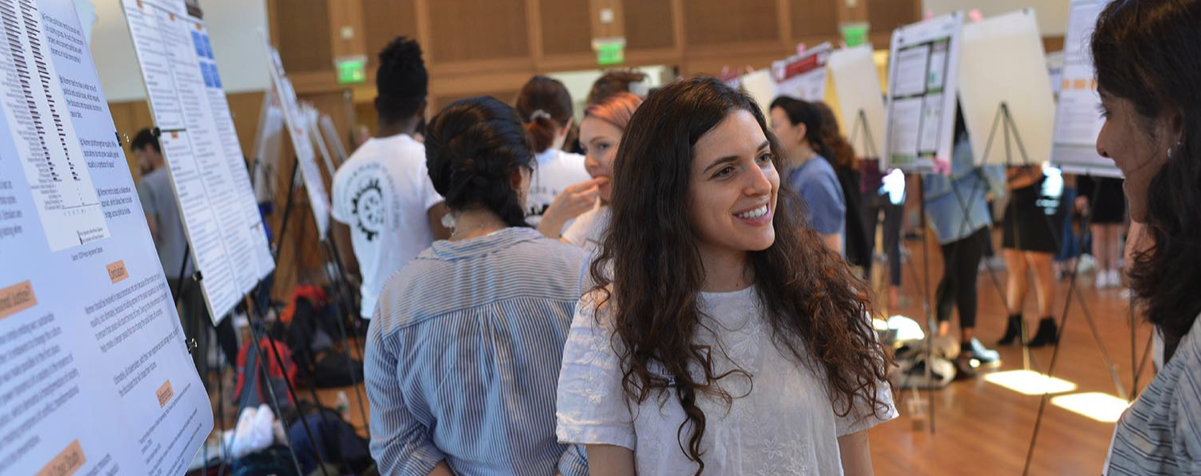Faculty Sponsor: Royette T. Dubar, Ph.D.
Live Poster Session: Zoom Link
Abstract: Past research supports a significant relationship between higher religiosity and better sleep quality, although some dimensions of religiosity have been shown to predict worse sleep outcomes. The majority of past research, however, has been based on adults and little is known about this relationship among emerging adults. The present study examined the relationship between dimensions of religiosity (religious preoccupation, religious guidance, religious emotional involvement) and sleep (sleep onset latency, sleep duration, sleep quality) among emerging adults vs adults. Participants (N=840; 50% 18-29 years old, 50% 30+ years old) were asked about their religious beliefs and sleep patterns. Results from two separate regression models showed that religious preoccupation, guidance, and emotional involvement were differentially linked to sleep outcomes for emerging adults compared to adults. Understanding these relationships will inform religious members and leaders on what areas of religious life are positive for sleep, and what areas need to be reformed to reduce negative impact on sleep patterns.



